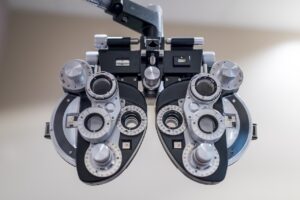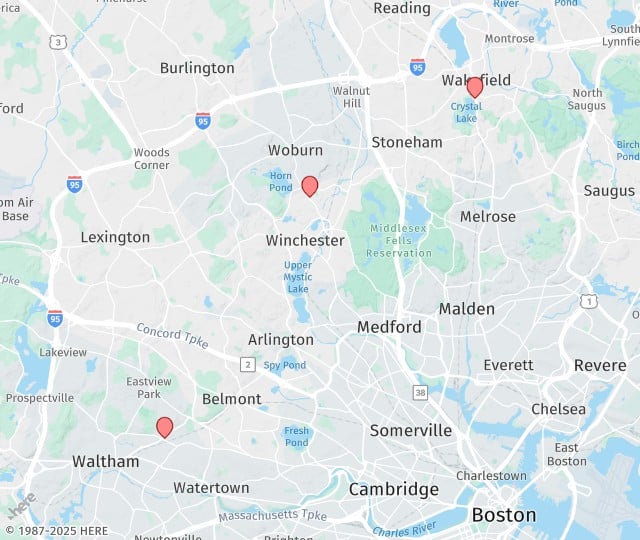
Identifying Diabetic Retinopathy and Treatment
Eye retinas affected by diabetes don’t immediately give off pronounced symptoms. Instead, the vision loss associated with the damage is gradual and comes with detail loss, such as reading without glasses or seeing detail at a distance. This can frequently be confused with age-related macular degeneration and written off as aging eyesight. It takes a closer professional look by an eye doctor to confirm the presence of diabetic damage.
Other symptoms can include micro spots in one’s eyesight as the vessels bleed and particles start to temporarily obscure vision picked up by the retina. The effect looks like tiny spots on one’s vision that are most apparent when looking at a white surface or screen.
Treatment is a combination of controlling the primary diabetic condition as well as additional medicine to reduce the blood pressure level in the eyes, causing the leakage. By stabilizing the negative effects of diabetes, the eye damage can be slowed or stopped, extending the overall life duration of vision before functional blindness starts to set in. Regular eye exams play a big part in monitoring a patient’s health status and the progression of diabetic retinopathy in the patient’s eyes.
Find Out More About Your Eyes & Diabetes
If you know you are pre-diabetic or have diabetes, scheduling regular eye exams is important for protecting your vision where it is currently. At North Suburban Eye Associates, P.C., our team is specifically trained in diabetic retinopathy detection and treatment and can help. Call us at 781-245-5200 to set up an appointment by phone or contact us online at our North Suburban Eye Associates website. Don’t let your vision be lost when it could be prevented.

